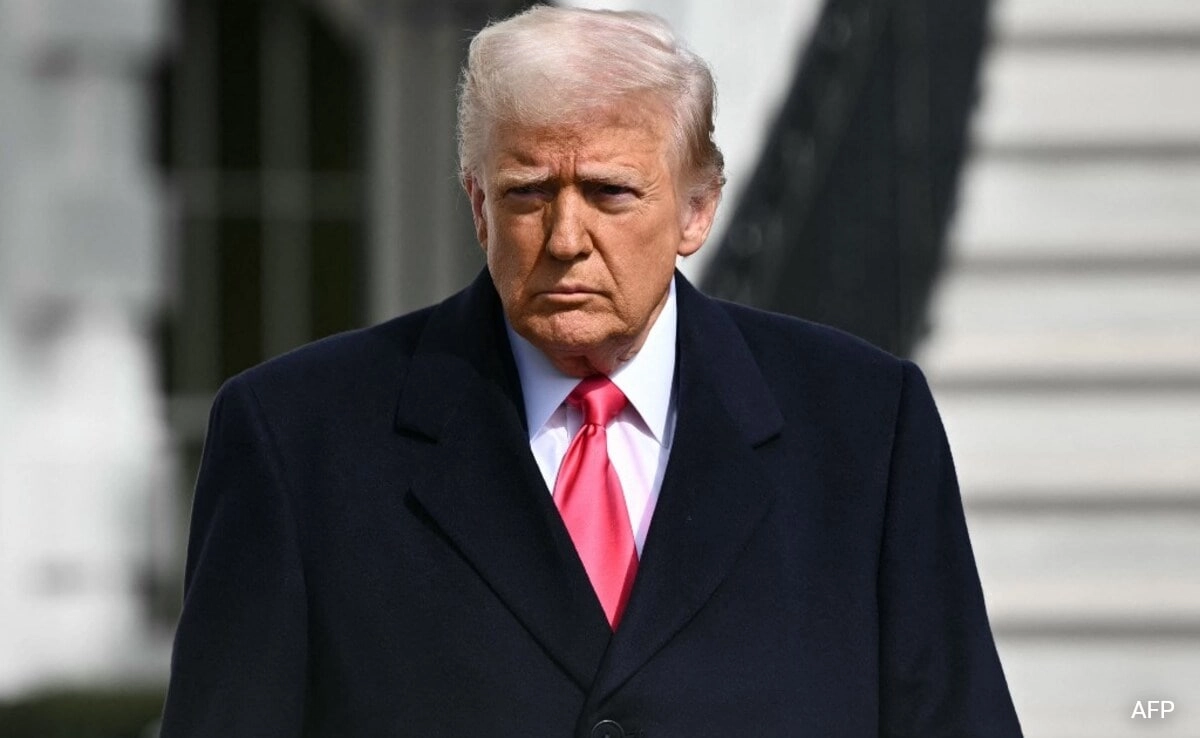In recent discussions surrounding political figures and their influence on the public, the new Pope has drawn attention for his critical stance towards former President Donald Trump and other prominent leaders. Just a few weeks ago, the Pope expressed concerns about the divisive nature of contemporary politics, particularly highlighting how such rhetoric can lead to societal fragmentation. His remarks have stirred considerable debate, especially among those who support Trump and his policies. Critics argue that the Pope’s comments are not only a reflection of his personal beliefs but also a call for a more compassionate and inclusive political discourse.
JD Vance, a prominent political figure himself, has publicly disagreed with the Pope’s assessment, suggesting that the Pope may be out of touch with the realities faced by many Americans. Vance’s defense of Trump aligns with a broader sentiment among certain political factions that perceive the Pope’s comments as an unwarranted critique of a leader who resonates with a significant portion of the American electorate. This clash between religious authority and political allegiance raises important questions about the role of faith in politics and how spiritual leaders can influence public opinion.
The Pope’s call for unity and understanding stands in stark contrast to the polarized environment that has characterized American politics in recent years. His approach advocates for dialogue and reconciliation, urging leaders to prioritize humanitarian values over divisive strategies. As political figures like JD Vance defend Trump, they underscore the complexities of navigating faith and politics in a landscape where opinions can be sharply divided. Ultimately, this ongoing discourse invites a broader reflection on how leaders, both secular and religious, can contribute to a more constructive political dialogue in a time of heightened tension and division.




